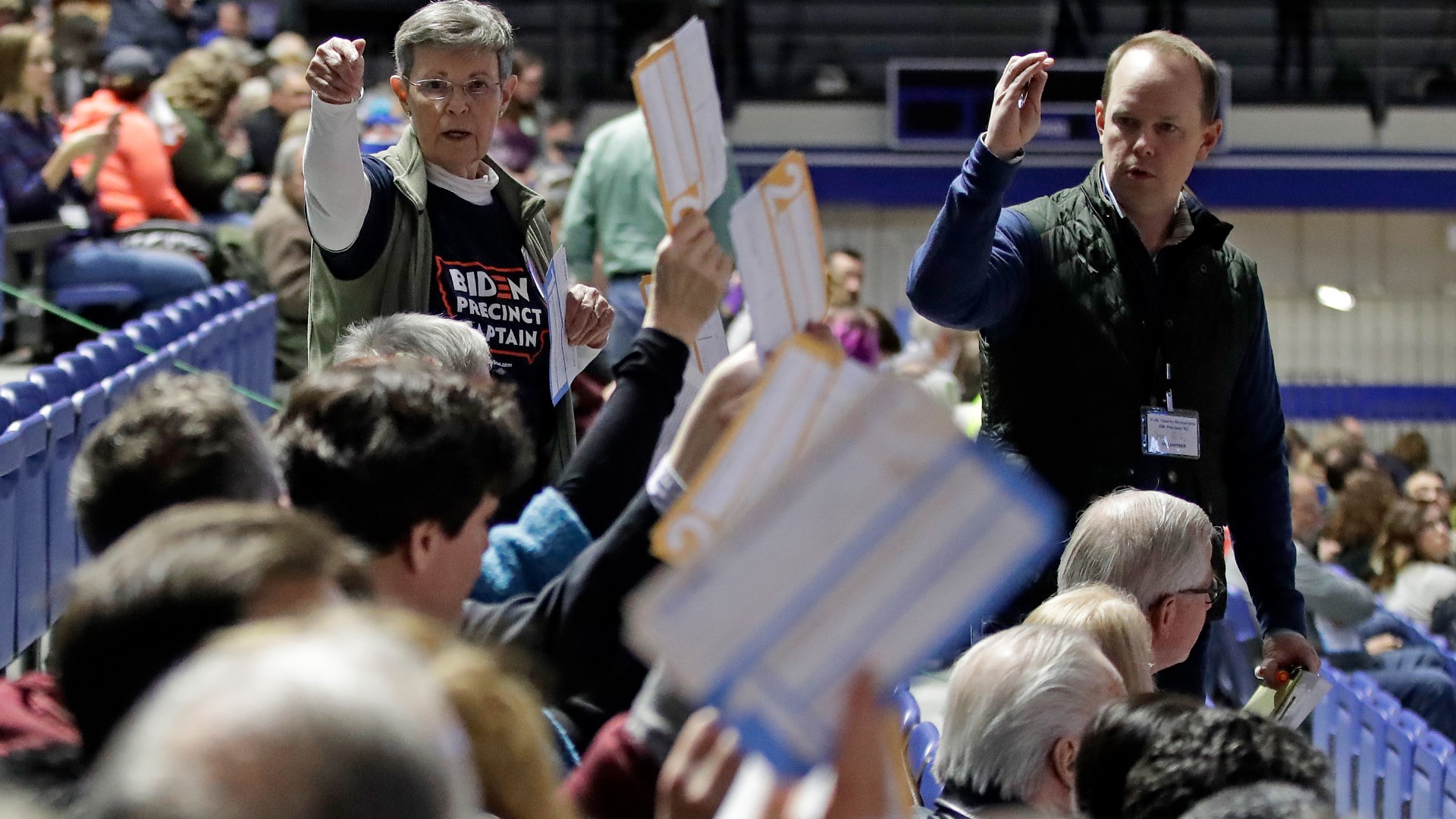DES MOINES, Iowa — While the Republican Party of Iowa announced this week it will retain its first in the nation caucus status, Iowa Democrats are still fighting to say the same.
"And this time, the committee decided that they wanted to open the process, more than they have in recent times," said Scott Brennan, who serves as the Iowan on the Democratic National Committee Rules and Bylaws Committee. "And so now it's a wide-open application process."
Brennan says the DNC has indicated it's looking for states that apply to showcase the feasibility, competitiveness and diversity of their process. While some national criticism has alleged Iowa's process does not meet diversity requirements, Brennan disagrees.
"There has to be a spot for rural working folks, which is spot on the process that we provide," he said.
Brennan believes the state can also shine in showing how Iowa has not only been a unique start-off state, but also an effective one.
"That's one thing I think we have to keep focused on is the process has worked. It's intended to elect Democratic presidents, and the four early state process has been successful in '08, '12, '16, and '20 in producing a Democratic nominee that overwhelmingly won the popular vote."
One political expert believes the magical part of Iowa's setup is the unique opportunity it provides candidates to connect with constituents.
"It was just a place for candidates to come and relatively cheaply, travel around in their cars, bicycles, buses, and meet people and try to make the case that they should run for president," said Iowa State University Lucken Endowed Professor of Political Science, Steffen Schmidt.
Schmidt believes if the DNC opts for starting the process in larger states, it won't maintain its accessibility.
"The candidates are going to have to have a huge amount of money to run media campaigns because they're not going to be able to do like in Iowa."
In order to make their process more appealing, he thinks Iowa Democrats need to simplify their process.
"It involves too much mathematics," Schmidt said. "And I've always recommended that you can still make it a great Democratic Caucus, different from Republicans, but make it a little simpler, quicker, more understandable."
With Iowa Republicans getting the nod to remain first in the nation, both Schmidt and Brennan believe it bodes well for Iowa Democrats.
"They [Republicans] would like to really convince the Democratic party to do the caucuses first with them in Iowa," Schmidt said.
"Having the Iowa caucuses first on both the Democratic and Republican side, that's the one thing the two parties do agree about," Brennan added. "And so it is helpful to us. We will be letting people know that that is the case."
Brennan says states competing to be first will send a letter of intent in early May. Full applications will be due in June, and the DNC will hear full presentations later that month.

